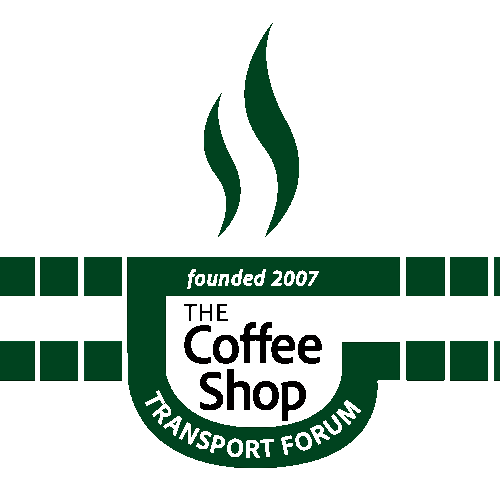| [otd] 8th May 1964 - New scheme kills fish traffic by rail Posted by grahame at 09:07, 8th May 2023 |     |
https://www.bloodandcustard.net/bluespot.html
Following the 1962 Transport Act and Dr Beeching’s drive bring the railways back into profitability there was an imperative to identify and develop profitable traffics with loss-making or only marginally profitable to either be reorganised with realistic pricing else withdrawn. Although BR’s gross receipts were considerable they were not even covering direct costs, let alone making any contribution to track, signalling, administration etc. The average load on the twenty-five fish trains running was around just two tons per van. So whilst many well-used railway freight operations appeared profitable upon closer scrutiny they were being operated at a net loss. Accordingly ‘reshaping’ of the railway’s fish traffic was deemed necessary.
Under the new BR scheme of 8th May 1964 BR wanted to reduce the number of fish trains that leave the four main ports of Aberdeen, Fleetwood, Grimsby and Hull from twenty-five to about nine basic services. This was intended to rationalize the services into a limited number of railheads with onward distribution by road organized by the fish trade.
Across the previous decade there had been a steady erosion of the railways' fish traffic as more of the better loads had gone to road services. By running fewer services it was intended to obtain higher payloads, reduce costs and enable BR to provide realistic competitive rates.
Outside these main flows BR would still consider the possibility of attaching vans of fish to mixed trains leaving the ports although realistically the movement of individual vans and expensive trans-shipment of fish from van to van to supply scattered destinations and sparsely-populated areas was unlikely to prove commercially viable for either BR or fish merchants.
Fish carriage rates were now to be based on wagonload, rather than the previous consignment charging which had previously been very attractive to fish merchants. For many this new system was far less viable both financially and in terms of the service provided. As a consequence ports such as Hull were left with a solitary fish train to London (thence road distribution around the capital) as fish merchants transferred their traffic to road.
Under the new BR scheme of 8th May 1964 BR wanted to reduce the number of fish trains that leave the four main ports of Aberdeen, Fleetwood, Grimsby and Hull from twenty-five to about nine basic services. This was intended to rationalize the services into a limited number of railheads with onward distribution by road organized by the fish trade.
Across the previous decade there had been a steady erosion of the railways' fish traffic as more of the better loads had gone to road services. By running fewer services it was intended to obtain higher payloads, reduce costs and enable BR to provide realistic competitive rates.
Outside these main flows BR would still consider the possibility of attaching vans of fish to mixed trains leaving the ports although realistically the movement of individual vans and expensive trans-shipment of fish from van to van to supply scattered destinations and sparsely-populated areas was unlikely to prove commercially viable for either BR or fish merchants.
Fish carriage rates were now to be based on wagonload, rather than the previous consignment charging which had previously been very attractive to fish merchants. For many this new system was far less viable both financially and in terms of the service provided. As a consequence ports such as Hull were left with a solitary fish train to London (thence road distribution around the capital) as fish merchants transferred their traffic to road.










